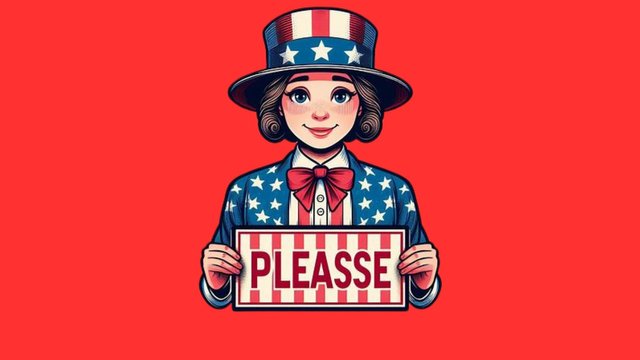
In a recent study conducted by researchers at the University of California at Los Angeles, it was revealed that Americans use the word "please" in only 7 out of 100 applications. Published in the Quarterly Journal of Social Psychology, this study raises intriguing questions about the nature and function of what is often called the "magic word.
One of the most surprising aspects of this study is the researchers' interpretation of the use of the word "please". Rather than simply viewing it as a sign of politeness, they suggest it can often be seen as a pressure tool. In other words, the use of "please" in a request could prompt a positive response from the interlocutor, thus creating an implicit obligation to respond favorably.
This new perspective on the use of "please" paves the way for a broader reflection on communication norms and social behaviors in the United States. If the word "please" is actually perceived as a form of pressure, this could explain why it is used so sparingly. Americans may prefer more direct or implicit forms of demand, thus avoiding putting the other person in an uncomfortable position.
Reactions to the study varied. Some see these results as a simple evolution of linguistic and social norms, while others see them as a deterioration of good manners. Discussions are underway on the need to reassess educational and social practices in politeness and communication.